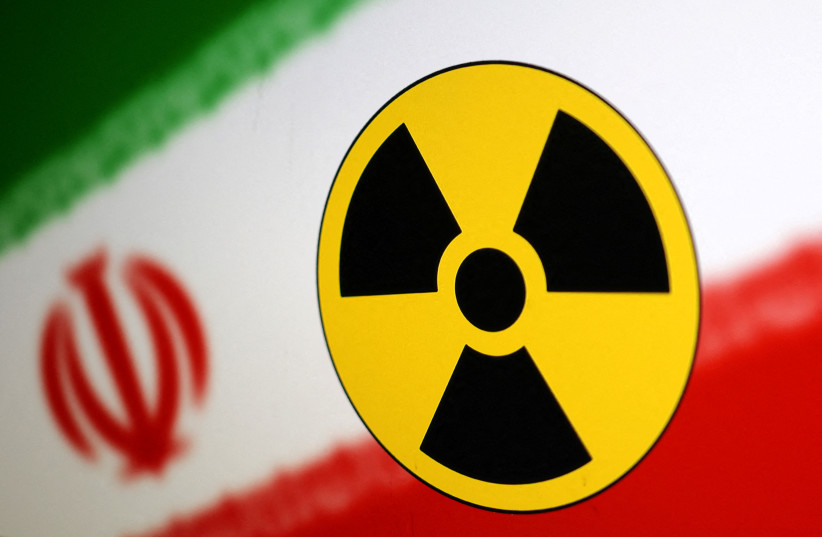Israel's Economy Minister Nir Barkat said that Israel will never allow Iran to have nuclear weapons in an interview with CBS on Wednesday.
Barkat, commenting on Iran's non-compliance with UN nuclear investigators, said that Israel takes Iranian threats very seriously and will use all the means that it has to prevent them from acquiring nuclear weapons.
When asked to clarify what those means were, the minister said that the media was not the best way to communicate what the price of nuclear weapons for Iran would be. However, he added "They must very clearly understand that we mean business. We will not allow that to happen."
Addressing the issue of Iranian proxy groups such as Hezbollah in Lebanon or Hamas in Gaza he gave a message to the Iranian leadership, saying "If you think you can get away with using proxies against Israel, you're wrong."
A challenge for Israel and the whole Western world
He said the challenge of preventing Iran from acquiring nuclear weapons was not just a challenge for Israel but the whole Western world.

New US cybersecurity cooperation bill
Asked about a US bill that would increase cooperation in cybersecurity between the US and Abraham Accords countries, Barkat said that remaining at the cutting edge of cybersecurity was a top priority. He continued by saying that cybersecurity cooperation is important both for defensive and offensive measures and that "we should maintain and increase our edge in the world of technology."
Barkat was asked for his opinion on whether the judicial reform was a threat to democracy, and he responded by saying no, further clarifying by saying "I'm a liberal," adding that the Likud and the prime minister were also liberals who believed in democracy and that they want to improve democracy. He compared the proposed judicial reforms to the current situation in the US.
The minister made sure to clarify that disagreements were completely legitimate in a democracy and that he was proud of Israel because only in real democracies, like Israel, could such protests and disagreements happen.
At the end of the interview, he was asked if it was on the table for him to run for prime minister. He expressed his support for Benjamin Netanyahu and said, it's not on the table."
